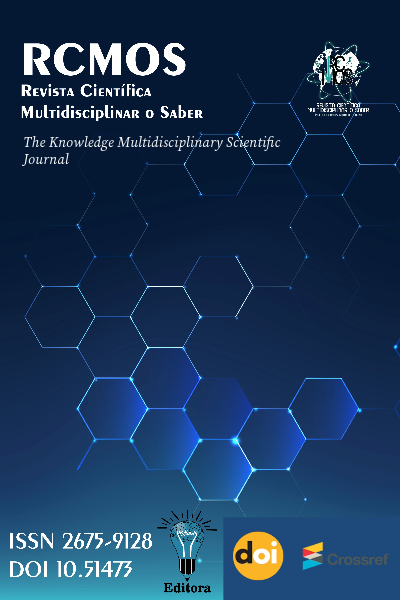The Contemporary Conception of Human Rights
Between Concepts, Foundations and Distinctions
DOI:
https://doi.org/10.51473/rcmos.v1i9.2021.142Keywords:
Human rights, Contemporary Theory, fundamental rights, DignityAbstract
This work aims to present and discuss the contemporary conception of human rights theory. Based on the defense of the dignity of the human person, human rights are the result of conquests throughout history, having taken effect in the international order since the end of the Second World War, when the United Nations (UN) promulgated the Universal Declaration of Human Rights. Human Rights, in 1948, when this document became the normative framework for humanitarian protection worldwide. The aforementioned Declaration provides for a set of rights belonging to every human person, regardless of nationality, race, sex, religion or any other characteristic. Among these rights are the right to life, freedom, food, work, among others, which underpin a dignified existence. In contemporary theory, although there are various ways of designating human rights, such as "human rights", "individual rights", "fundamental rights", natural rights ", among others, these expressions have the same meaning. However, the majority doctrine essentially distinguishes two terminologies as to its scope: “human rights”, which are used to define the rights established by international law; and “fundamental rights”, which Brazil, in the text of the 1988 Federal Constitution. In methodological terms, this article is a review study, categorized as research qualitative (as to nature), descriptive (as to objective) and bibliographic (as to object).













